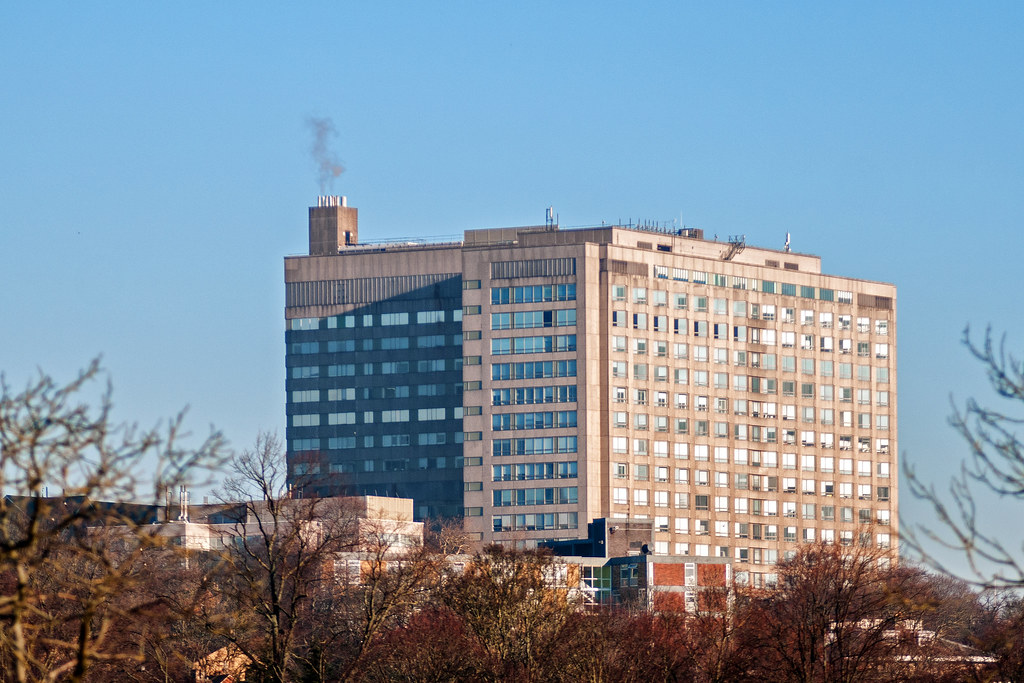Latest figures show that 85.7% of patients with diabetic foot ulcers in Sheffield were seen within two weeks of presentation compared to the national average of 66.6%.
Sheffield Teaching Hospitals NHS Foundation Trust is the best performing major centre in the country, having changed how the diabetic foot team worked during the pandemic due to the rising demand.
Ulcers can deteriorate quickly and they are very prone to infection, so a less serious ulcer can become severe within weeks. If left untreated, this could lead to amputation.
Jeremy Walker, Head of Podiatry Services, said: “Between 2008 and 2024, incidences of diabetic foot disease in Sheffield has almost tripled.
“People with diabetes are prone to foot problems. People may walk for miles in badly fitting shoes, being completely unaware of injuries or pressure points. This can lead to deterioration in the condition of the feet.
“Ultimately a lack of treatment can lead to infection and amputation, which has not only physical but psychological consequences.
“Time is tissue when it comes to treating diabetic foot ulcers.”
Paul Hirst, 67, of Stocksbridge, has had diabetes for about 15 years and due to the condition he could only walk about 20 metres, also using a mobility scooter.
He also smoked 50 cigarettes a day.
He has since given up smoking with the help of e-cigarettes, improved his diet and began using a good cycle daily for exercise.
Paul said: “Before I would get really bad cramps in my feet or a feeling of numbness, but I don’t get that now, in fact I have never had them since making these changes.
“It didn’t happen overnight, I have put a lot of effort into it. I would get out of bed and the first thing I would do is use the foot cycle. I’m saving £40 a week on cigarettes too.
“Without the diabetic foot team I don’t know where I would be, I don’t think I would be here without them.”




